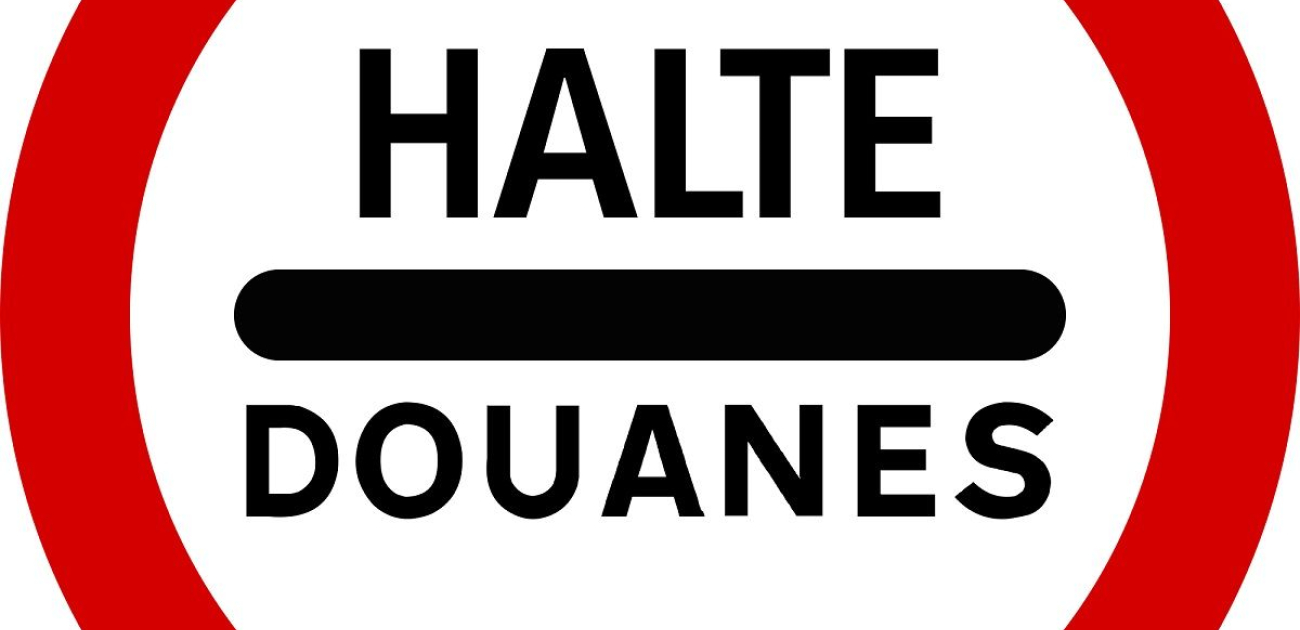Cross-Border Successions
The growing phenomenon of migrations of citizens in and out the EU’s borders has brought as a consequence some significant issues about cross-border successions. Every year, only in Europe, 450,000 international successions are opened involving value over 123 billion EURO.
It may not be easy to establish which law applies, for example, for a citizen whose patrimony is located in different countries, because every country has its own civil law. Until July 2012, according to Italian civil law, the nationality of the deceased was considered the connecting factor in case of cross-border successions.
The situation changed with the introduction of regulation EU No 650/2012, applicable on successions opened from August 17, 2015 and approved by all Member States with the exception of UK, Ireland and Denmark. This regulation simplifies the successions in the EU because a sole civil law will be applicable to a succession: that of the habitual residence of the deceased. However, citizens may choose in advance the law of their nationality to settle the succession.
The regulation EU does not concern fiscal rules of participant countries and it may lead to some double taxation conflicts. For example, in Italy double taxation may easily occurs because the inheritance tax is due on:
- every kind of goods and rights transferred, even if existing abroad, when the citizen was resident in Italy at time of death (world-wide principle);
- only goods and rights transferred and existing in Italy, when the citizen was resident abroad at time of death (lex rei sitae).
In order to avoid double taxation in case of successions, Italy concluded 7 tax treaties with the following countries: USA, Sweden, Denmark, UK, Greece, Israel and France (for the latter, the treaty is extended even to donations). Nevertheless, the existence of a tax treaty does not offer the certainty to prevent double taxation, therefore it is advised to verify every single case. Taking into account the case of real estate, the treaties between Italy and:
- France, UK and USA, provide a concurrent taxation of the participants and the foreign tax credit;
- Denmark, Greece, Sweden and Israel provide the exclusive taxation in the State in which the real estate is located. However, the treaties do not provide any foreign tax credit but they provide the right of reclaim in case of violation of the treaty principles.
Do you want more information?
 Maurizio Bottoni
Maurizio BottoniMaurizio Bottoni is the senior partner of Interconsulting. As a consultant in one of the Big Four he has developed a deep knowledge of Italian and International tax law, through the involvement in operations and reorganization of multinationals. Extraordinary transactions and international issues are his daily business.

